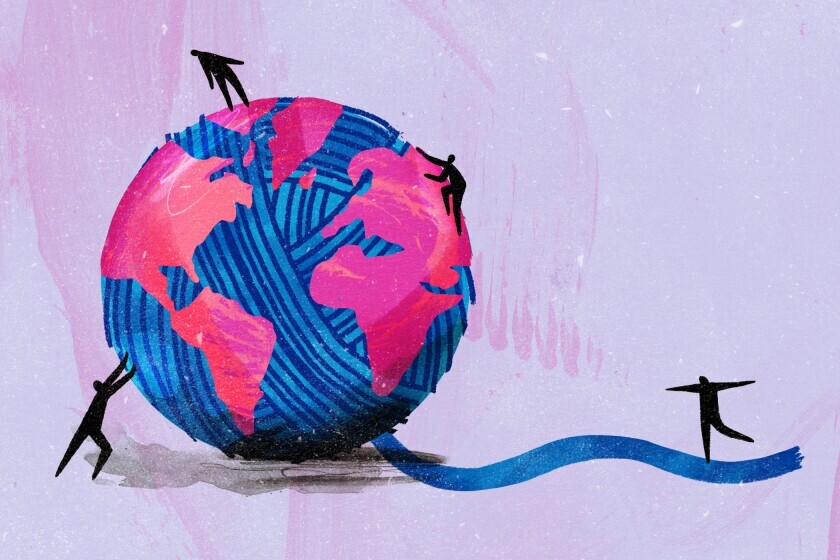Source: The Chronicle of Higher Education
Tested by four years of hostile U.S. government policy toward international students and battered by a pandemic that slammed shut borders, international-education administrators gathering this week in Denver were weary yet optimistic about the future of the field.
“The world needs international educators,” said Esther D. Brimmer, executive director of NAFSA: Association of International Educators. “Amid rising authoritarianism and intolerance, our role remains vital.”
This year’s NAFSA conference is the first since 2019 to be held in person. And because of the timing of the Covid-19 shutdown, it’s also the first since President Donald J. Trump lost his bid for re-election.
From the outset of his administration, when he abruptly put in place a ban against travelers, including students and scholars, from a half-dozen predominantly Muslim countries, Trump’s policy stances were unfriendly to foreign students and at odds with international academic engagement. Then came the pandemic, which devastated international enrollments.
Together, they delivered a one-two punch that sent international educators reeling. Even now, many in the field are trying to recover.

